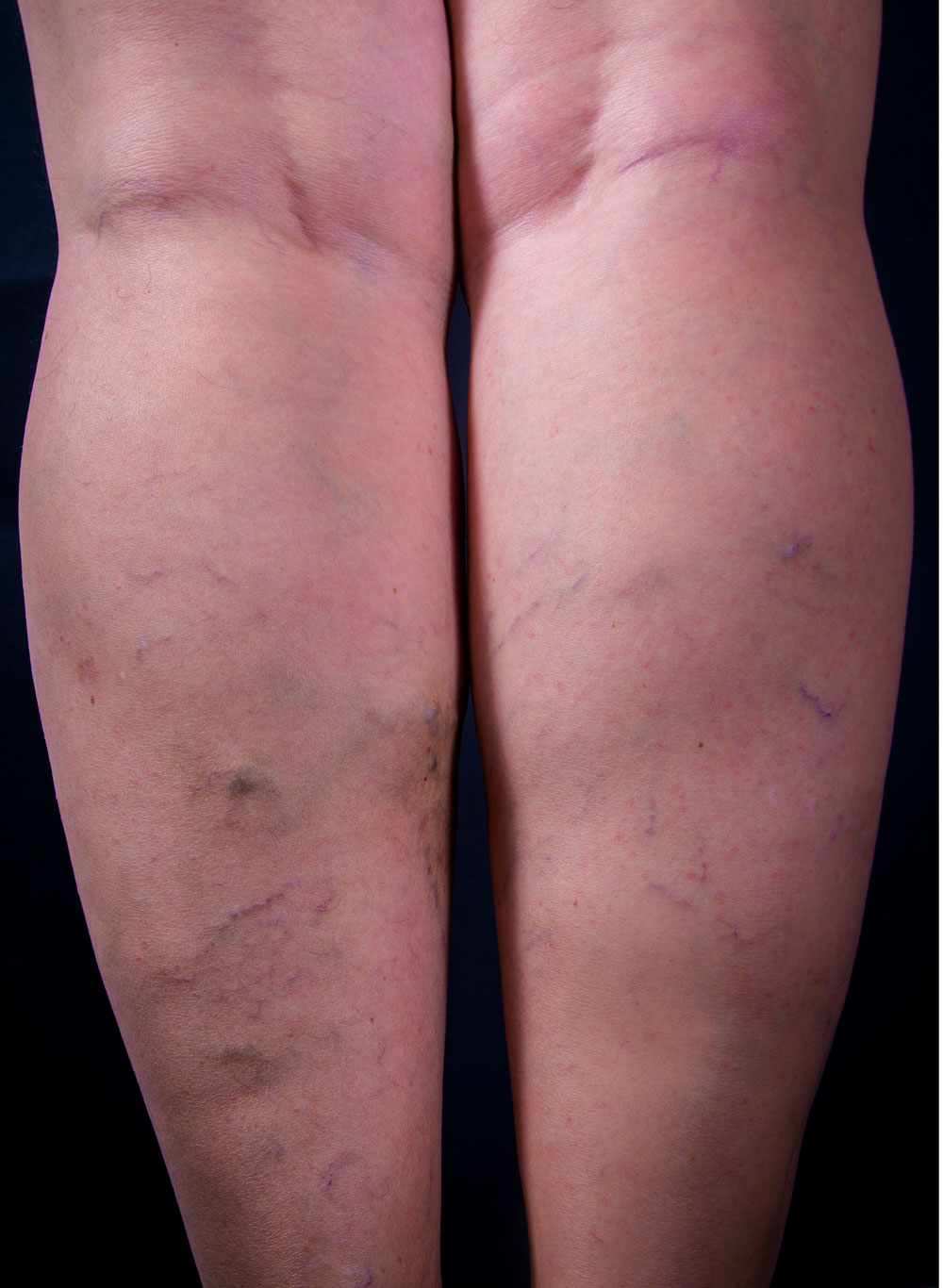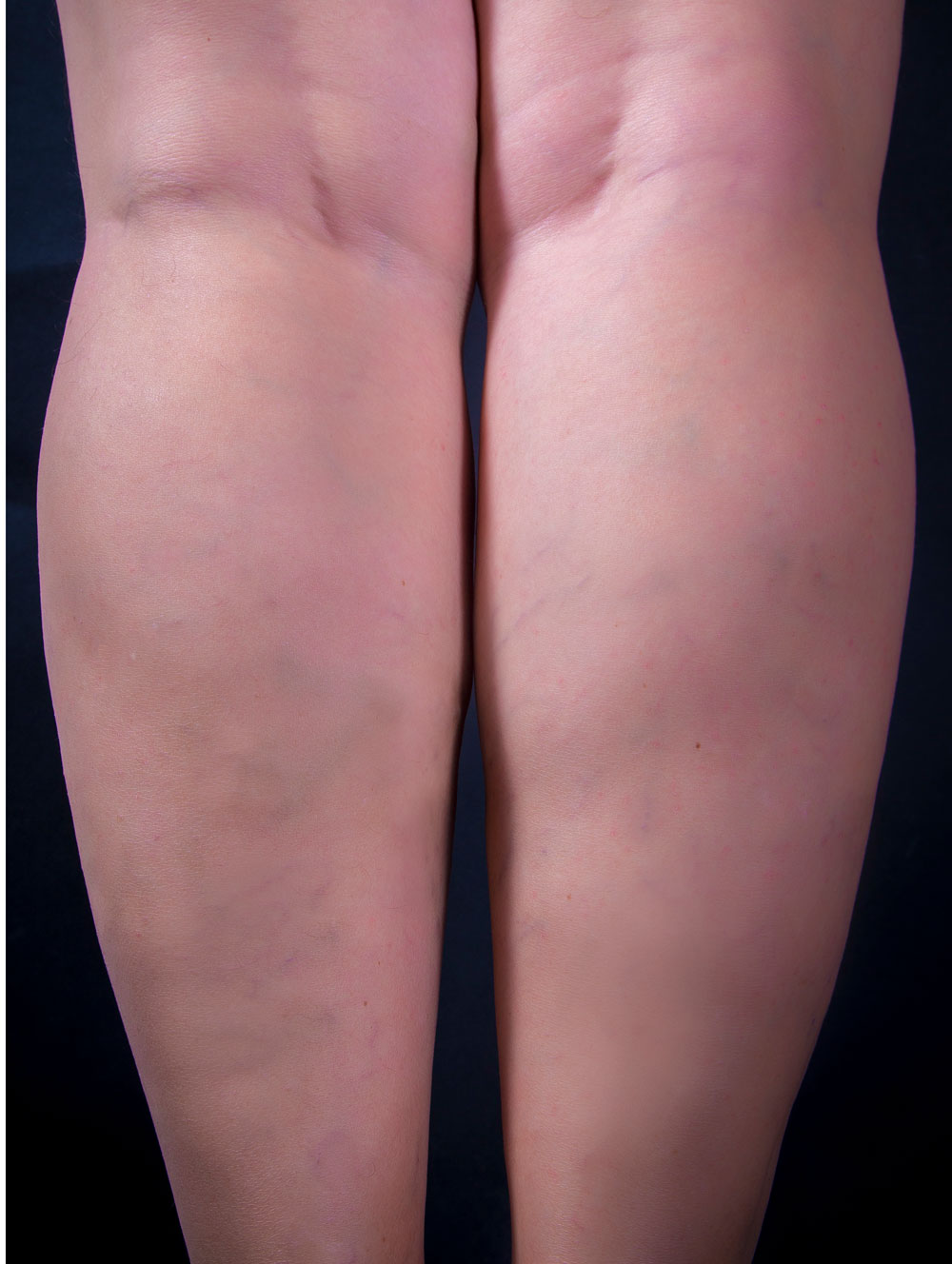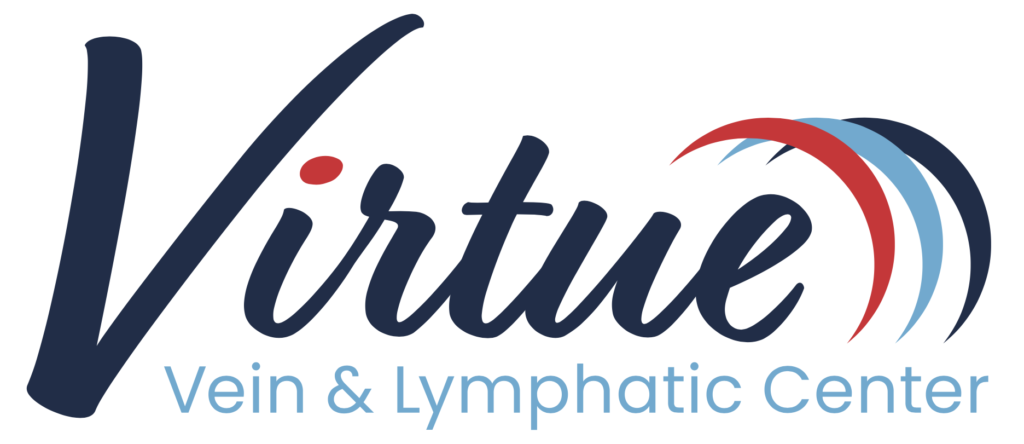St. Louis Varicose Vein Treatment
Advanced Treatments For Healthier Legs
What Are Varicose Veins
Varicose veins are twisted, bulging blood vessels just under the skin, most often in your calves, but can also be found in your abdomen. When the valves in the blood vessels don’t work properly, the blood backs up and expands the vein to the point that it creates bulging bumps in the skin.
Most varicose veins have no symptoms other than the visible bulges, but some people have painful or tired legs, heaviness, swelling, itching, cramping, inflammation, edema (water retention), redness, discoloration, or bleeding.
Varicose veins can become a serious issue. Left untreated, blood clots can form, leading to Deep Vein Thrombosis, which is a life-threatening condition.
Symptoms of Varicose Veins
Varicose veins are normally visible in the legs. They may be dark blue or purple and appear to be twisted or bulging. They can cause burning, throbbing, or swelling, and may feel worse after sitting or standing for a long time. Your legs may feel achy or heavy.
Advanced Treatment Options
Dr. Krikorian continuously looks for better ways to treat varicose veins. He never limits your options to standard procedures, but looks for the most forward-thinking treatments and technology from around the globe.
Preventative Measures
To help prevent varicose veins, wear compression socks and follow a healthy diet and exercise plan.
Sclerotherapy
We inject a solution into your varicose veins to close them up, allowing your body to naturally remove them.
Endovenous Ablation
We seal off varicose veins using lasers (radiofrequency energy) or newer technologies like glue, foam, or catheter vein irritation.


Before & After
We’ve treated thousands of people with varicose veins. We’re also able to safely restore the blood flow in your legs.
Get Treated Sooner
Because we’re highly specialized, with seven treatment locations in the St. Louis area, we’re able to schedule your exam and treatment much sooner than other facilities. Call us at 314-956-1818 or complete this contact form to get started.
Schedule a Consultation
What To Expect
Consultation
When you arrive, you’ll complete a new patient form, which will ask you to list all your current medications. Wear or bring a pair of shorts for the exam, or we can provide a pair. Then we’ll take your vital signs. Dr. Krikorian will discuss your concerns, examine your spider veins, and determine if treatment is recommended.
Procedures
We will likely treat your spider veins with sclerotherapy, an injection of a medical solution that closes off damaged veins. This is an in-office treatment which we can schedule after your consultation. Learn more about sclerotherapy.
Recovery
After the procedure, we’ll wrap your legs in ace bandages. You’ll be able to resume normal activities, and remove the bandages 1-2 days later.
Varicose Veins FAQ
The valves in your veins became weak or damaged. It happens with age or other risk factors.
Anyone can develop varicose veins, but you’re more at risk if you’ve over 60, female, pregnant, overweight, or have a family history of it. Also, sitting or standing for long periods of time in the same position can put you at risk.
Varicose veins are a medical issue, so treatment should be covered.
There is minimal discomfort during and after procedures.
Bruising and discoloration can happen up to 48 hours after the procedure and will take about 4-6 weeks to resolve completely in most cases. However, in other cases, discoloration could last months.
It’s possible. If different veins have the same unresolved issue, new varicose veins may form.
There is no way to completely prevent varicose veins, but you can significantly reduce your risk:
- Exercise often and manage your weight
- Don’t sit or stand too long in the same position – change your position every 20-30 minutes
- Eat a high-fiber, low-salt diet
- Wear low-heeled shoes

